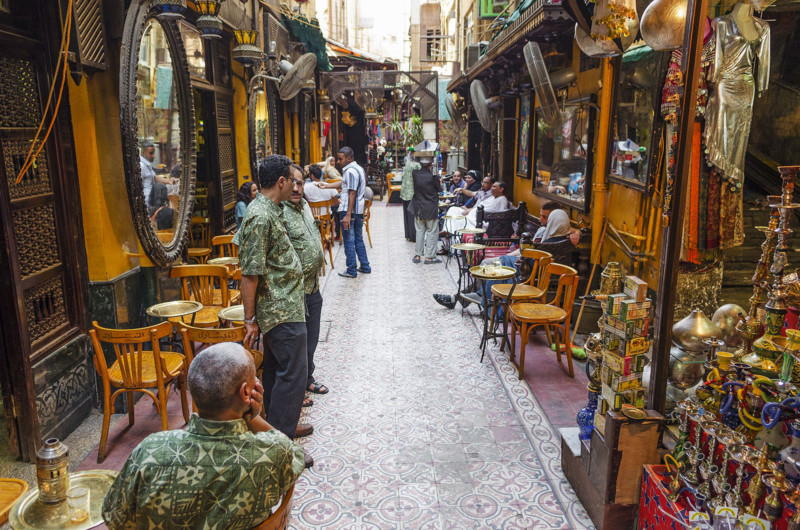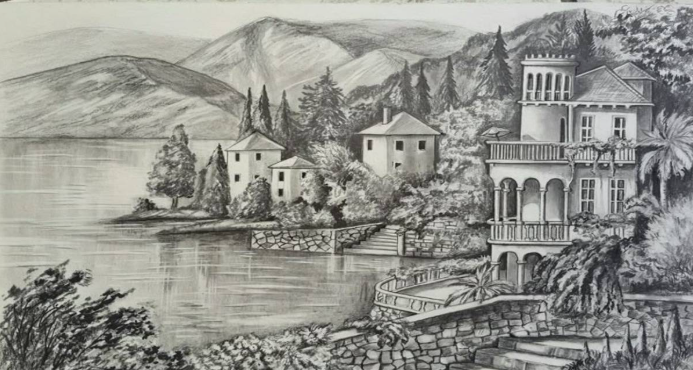![]()
Egypt is established to shift how it regulates pictures in public spaces. On the 1 hand, it will relieve limits on street pictures, but on the other, it will criminalize getting images that it deems are “offensive to the state.”
Controlled pictures will be damaged down into a few sorts: particular pictures, overseas media, and cinematography permits.
In a change, Egypt will not extended have to have permits for personal avenue pictures. Pictures by travellers is permitted with both movie or electronic cameras (as very well as online video cameras) without the need of the necessity for a allow or a payment of expenses. In an job interview, the Minister of Tourism and Antiquities Khaled El-Enani stressed that “no one will be permitted to question you why you are filming in public,” in accordance to a report from Egyptian Streets.
Foreign media, nonetheless — which involves overseas correspondents and information pictures — need to get a allow which will be granted in just 10 times of request. For cinematography permits, Egypt’s government suggests it will set up a electronic system that will serve as the position to implement and receive the needed permissions.

Whilst not all styles of images will involve a allow, one particular new stipulation stands out: capturing pictures or videos of scenes that are considered “offensive to the country” will come to be illegal. What constitutes “offensive” has not been very well described, but the authorities says that photography of youngsters is not permitted and citizens can only be photographed if they have presented penned consent.
The word “offensive” can be translated as “unflattering” as well, and appears to be aimed at protecting against photographs of ugly scenes like trash.
It does not audio as though the particulars have been finalized as El-Enani states it will be further more talked about with other ministers prior to the legislation requires impact. If the language in the final regulation is still left vague, it could be troublesome for photographers as it could be applied by police and governing administration officers to criminalize pictures of any quantity of scenes that they arbitrarily ascertain can make the state look negative.
The changes in the legislation are evidently in response to the practical experience of American food Blogger Sonny Aspect, who in April printed a video clip wherever he says “Egypt is one particular of worst places for filmmakers.” That video has been viewed above six million times.
He and other folks have reportedly been mistreated by Egyptian law enforcement and stability staff who confiscate cameras and movie products from persons on the streets no matter of the status of their permits. In 2017, photographer Belal Darder was sentenced to 15 several years in prison for having images in the country.
El-Enani’s new rules are meant to ease restrictions and he has claimed that personal vacation photography “is the type of pictures we want to persuade.”
Impression credits: Shots licensed via Depositphotos.






